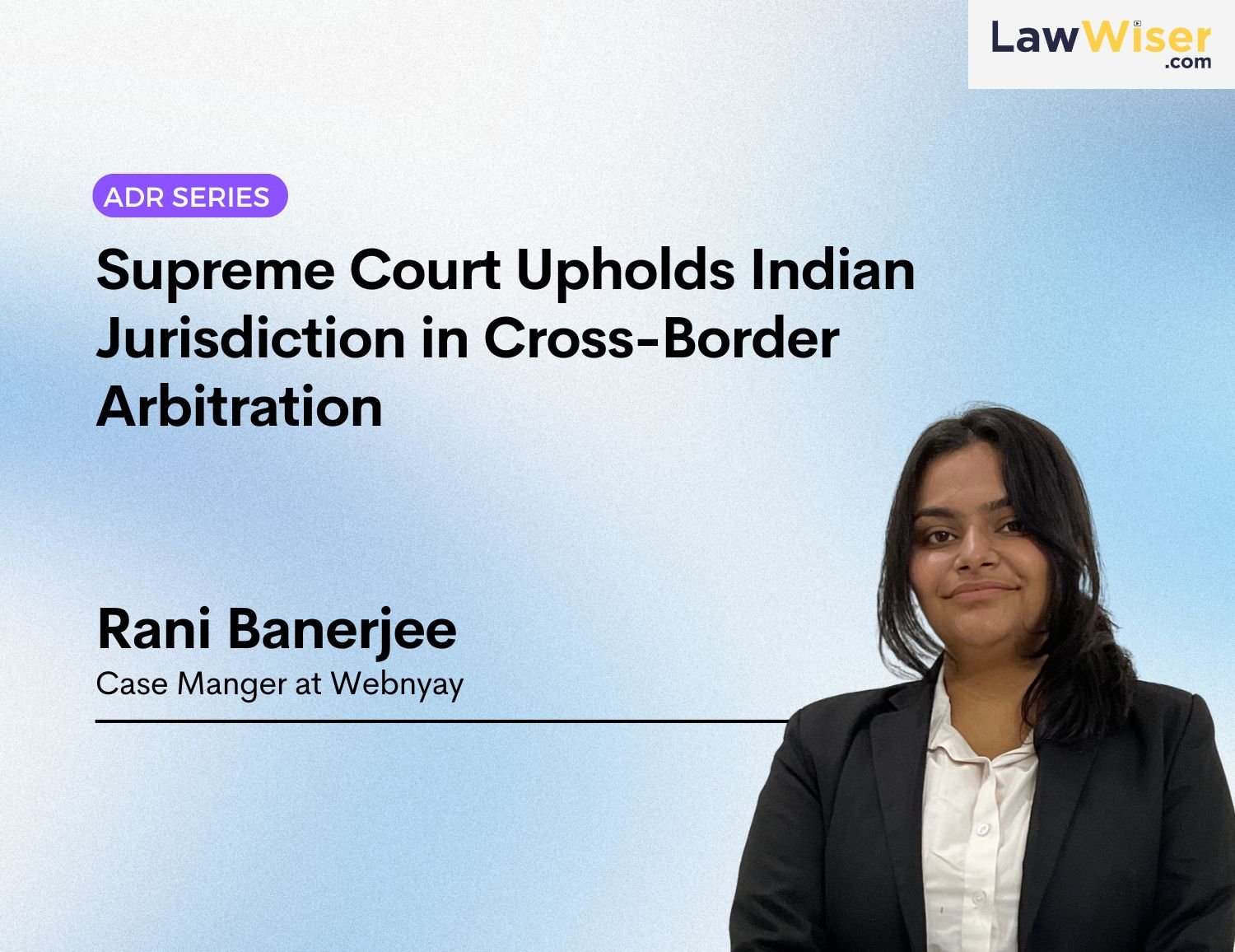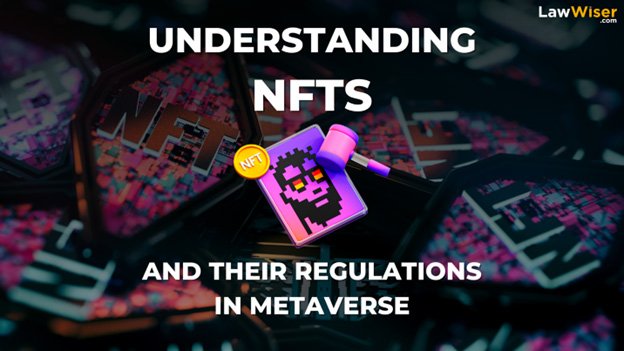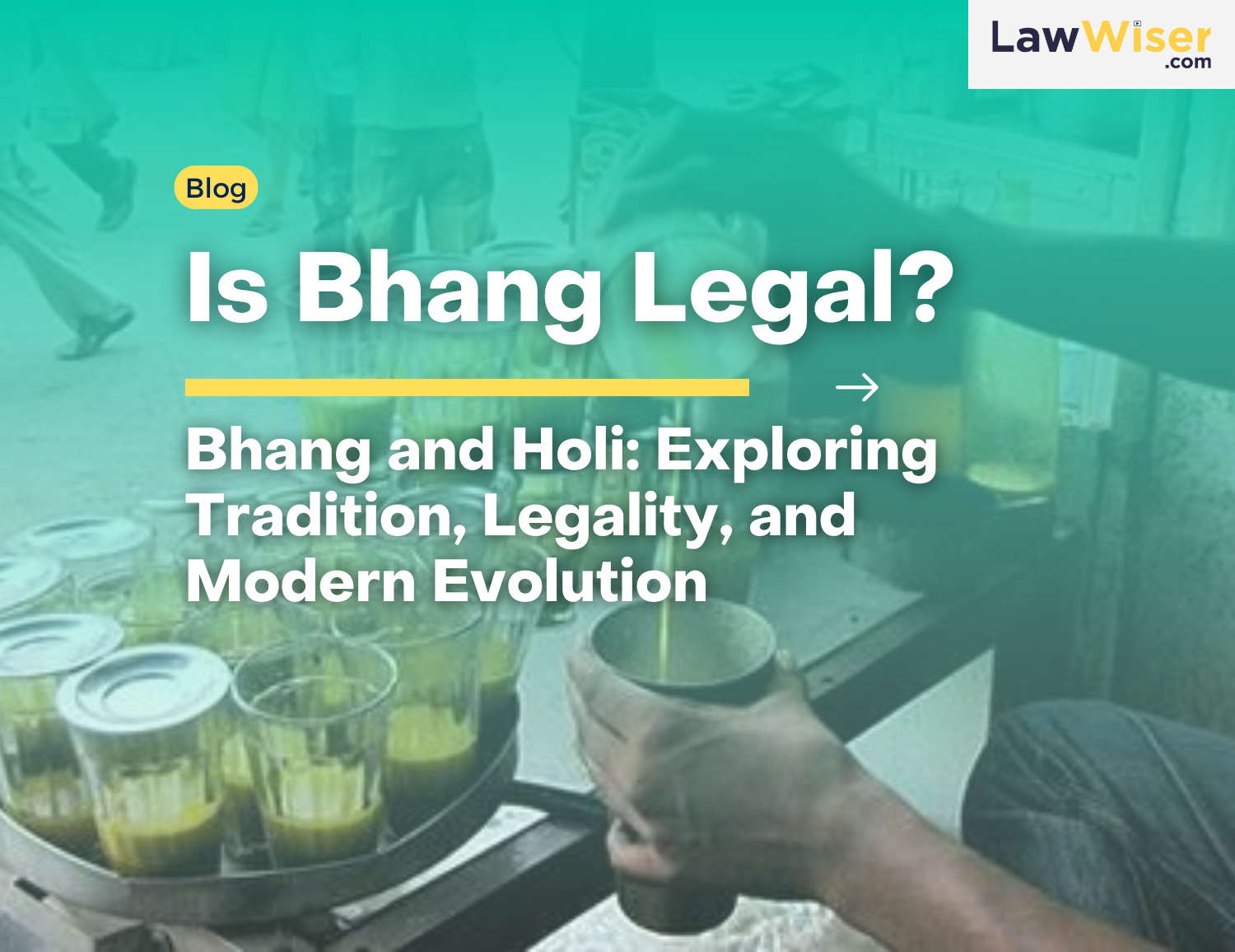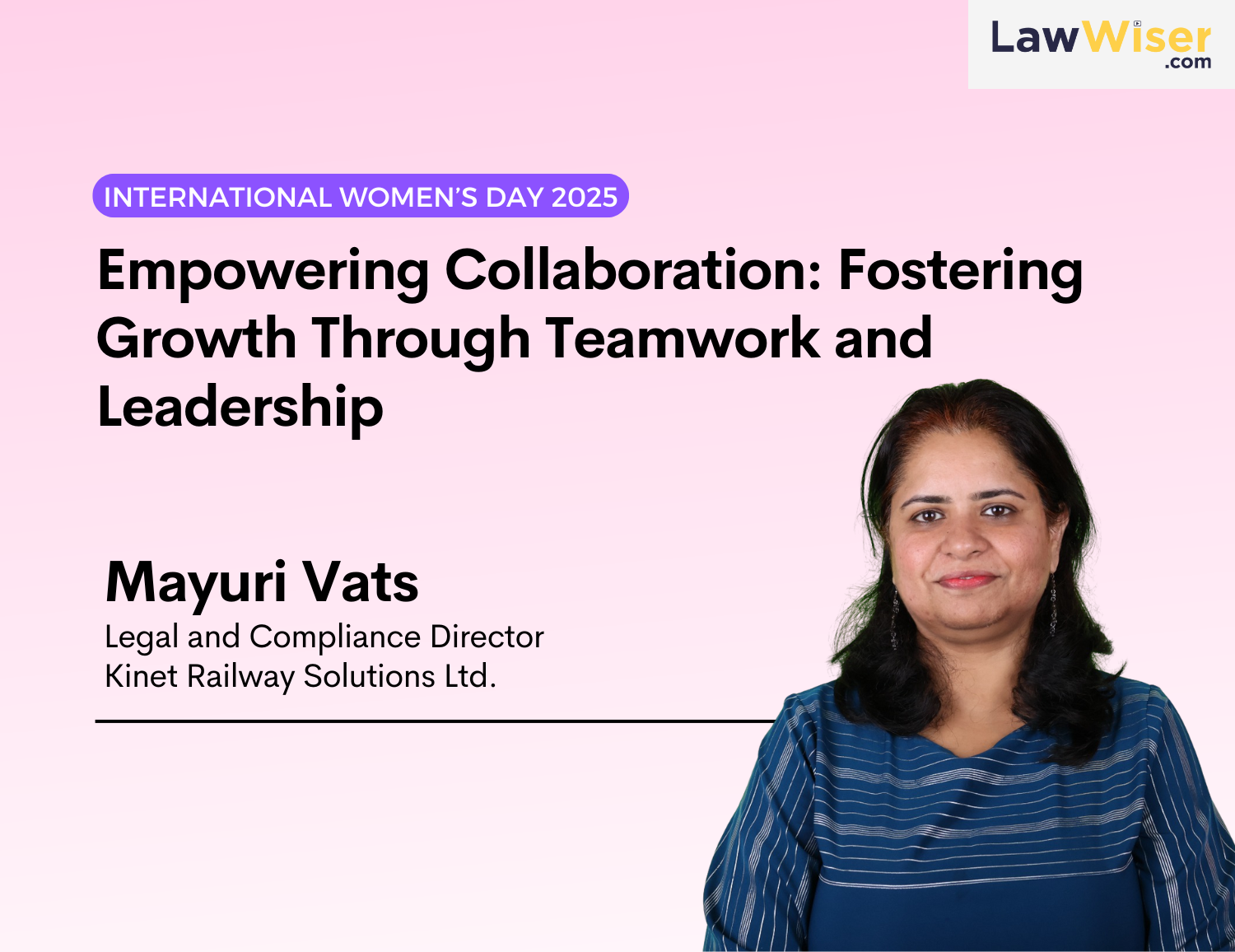Case Note: Case Note: Disortho S.A.S. v. Meril Life Sciences Pvt. Ltd. (Supreme Court of India, 2025)
A three-judge bench of the Supreme Court, led by Chief Justice Sanjiv Khanna, ruled on a petition under Section 11(6) of the Arbitration and Conciliation Act, 1996, regarding the appointment of an arbitrator. The Court determined that Indian courts had jurisdiction over the arbitration agreement despite the agreement specifying arbitration proceedings in Bogotá, Colombia. The Court appointed a sole arbitrator with the consent of both parties and allowed the arbitration to proceed in India.
Facts
Disortho S.A.S. (“Disortho“), a company based in Bogotá, Colombia, entered into an International Exclusive Distributor Agreement with Meril Life Sciences Pvt. Ltd. (“Meril“), an Indian company headquartered in Gujarat, India, on May 16, 2016. Under the agreement, Disortho was granted exclusive rights to distribute Meril’s medical products in Colombia.
Over time, disputes arose between the parties regarding the execution and performance of the agreement. Disortho alleged breaches by Meril and invoked Clause 18 of the agreement, seeking to initiate arbitration. It filed a petition under Section 11(6) of the Arbitration and Conciliation Act, 1996, before the Supreme Court of India, requesting the appointment of an arbitral panel.
Meril opposed the petition, arguing that Indian courts lacked jurisdiction, as the arbitration clause provided for dispute resolution under the Rules of the Chamber of Commerce of Bogotá, Colombia, with arbitration proceedings to be conducted in Bogotá and the award governed by Colombian law.
The dispute revolved around two key clauses in the agreement:
- Clause 16.5: Stated that Indian law would govern the agreement and that all disputes related to it would be subject to the jurisdiction of courts in Gujarat, India.
- Clause 18: Provided that disputes would be submitted to arbitration in Bogotá, Colombia, under the Rules of the Chamber of Commerce of Bogotá, with the award governed by Colombian law.
Disortho argued that Clause 16.5 made Indian law the governing law of the arbitration agreement, thereby giving Indian courts jurisdiction over the arbitration process. Meril contended that the agreement designated Bogotá as the arbitration venue, placing supervisory jurisdiction with Colombian courts.
The Supreme Court was required to determine whether Indian courts had jurisdiction to appoint an arbitrator under Section 11(6) despite the arbitration clause referring to Bogotá, Colombia, and resolve the conflict between Indian and Colombian jurisdiction over the dispute resolution process.
Why the Case Was Referred to a Three-Judge Bench
Initially, the matter was heard by a two-judge bench, which recognized that the case presented a significant conflict between the principles of party autonomy in arbitration and the jurisdiction of Indian courts in cross-border disputes. Given the conflicting precedents on:
- The distinction between the seat and venue of arbitration,
- The applicability of Indian law to arbitration agreements despite an international venue, and
- The extent of Indian courts’ jurisdiction under Section 11(6) when arbitration is to be conducted abroad,
the two-judge bench felt that these questions had far-reaching implications for international commercial arbitration in India. Recognizing that the resolution of these legal issues required a definitive ruling, the matter was referred to a three-judge bench for authoritative determination.
Issues of Law
The Court had to determine:
- Whether Indian courts had jurisdiction to appoint an arbitrator under Section 11(6) despite the arbitration clause providing for arbitration in Bogotá, Colombia.
- Whether the law governing the arbitration agreement (lex arbitri) could differ from the law governing the contract (lex contractus).
- How to reconcile Clause 16.5 (Indian jurisdiction) with Clause 18 (Colombian arbitration rules).
Submissions of Parties and Precedents Cited
Disortho’s Submissions (Represented by Mr. Preetesh Kapur, Senior Advocate)
- The law governing the arbitration agreement was Indian law, as per Clause 16.5.
- The courts in Gujarat, India, had jurisdiction over all matters arising from the contract.
- The seat of arbitration was not expressly stated, meaning Indian courts could assume jurisdiction.
- Cited Precedents:
- BALCO v. Kaiser Aluminium (2012): Held that the seat of arbitration determines jurisdiction unless explicitly stated otherwise.
- Sulamérica Cia v. Enesa Engenharia (2012): Stressed that when an arbitration clause lacks a clear seat, the governing law of the contract should govern the arbitration agreement.
Meril’s Submissions (Represented by Mr. Pranaya Goyal)
- Bogotá was the designated venue, and arbitration was governed by Colombian procedural law.
- The arbitration award would be subject to Colombian law, meaning Colombian courts had supervisory jurisdiction.
- Cited Precedents:
- Enka Insaat v. Chubb (UKSC, 2020): Held that the seat of arbitration determines jurisdiction, overriding the governing law of the contract.
- Argued that Clause 18 overrode Clause 16.5, making Indian courts’ involvement improper.
Other Precedents Cited
- M/s. Arif Azim Co. Ltd. v. M/s. Micromax Informatics Fze (2024 INSC 850): Reaffirmed that if the seat of arbitration is outside India, Indian courts lack jurisdiction unless expressly agreed otherwise.
- Melford Capital Partners LLP v. Frederick John Wingfield Digby (2021 EWHC 872 (Ch)): Emphasized that the courts supervising arbitration may differ from the procedural law applied.
Decision by the Court
The Supreme Court ruled that Clause 16.5 of the agreement was clear in stating that Indian law governed the contract, and all disputes arising from it would be subject to the jurisdiction of Gujarat courts.
While Clause 18 provided for arbitration in Bogotá, Colombia, it did not explicitly state that Colombian courts would have exclusive supervisory jurisdiction. Given the lack of an explicit “seat of arbitration”, the Court defaulted to the law of the contract (Indian law) to determine jurisdiction.
- Absence of an Express Seat of Arbitration: The Court held that while Bogotá was the designated venue, the agreement did not explicitly confer exclusive supervisory jurisdiction on Colombian courts. Under settled principles, the seat of arbitration determines the courts with jurisdiction—since there was ambiguity, the Court relied on Clause 16.5, which explicitly referred disputes to Indian courts.
- Indian Law as the Governing Law: Clause 16.5 clearly established Indian law as the governing law. Since the law governing the arbitration agreement was not separately specified, the Supreme Court applied Indian law to determine jurisdiction.
- Party Autonomy and Mutual Agreement: During the proceedings, both Disortho and Meril agreed to conduct arbitration in India instead of Bogotá. Acknowledging this consensus, the Supreme Court appointed Justice S.P. Garg (Retd.), Delhi High Court, as the sole arbitrator. The arbitration would be conducted under the Delhi International Arbitration Centre (DIAC) rules, with the venue to be mutually decided by the parties.
The Supreme Court allowed the Section 11(6) petition, reinforcing that while arbitration may be seated internationally, Indian courts retain jurisdiction where the contract expressly provides for it. The ruling clarifies that in the absence of an expressly stated seat of arbitration, the governing law of the contract can determine jurisdiction. This decision is likely to have a significant impact on cross-border arbitration involving Indian entities.
A copy of the decision can be downloaded here.
This article is authored by Rani Banerjee , Case Manger at Webnyay. Webnyay is India’s leading Generative AI startup for lawyers and Courts as well as the most trusted Online Dispute Resolution (ODR) Institution in India. Webnyay’s Docs is frequently used for ebundles and document management in arbitrations.



 April 4, 2025
April 4, 2025








 June 6, 2025
June 6, 2025 0 COMMENTS
0 COMMENTS


